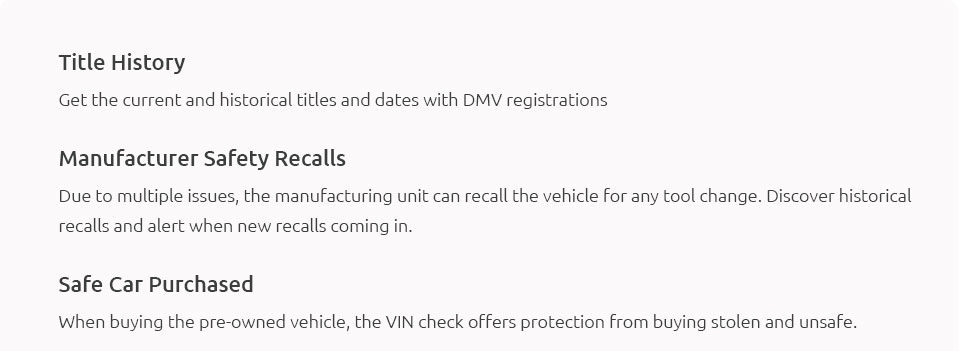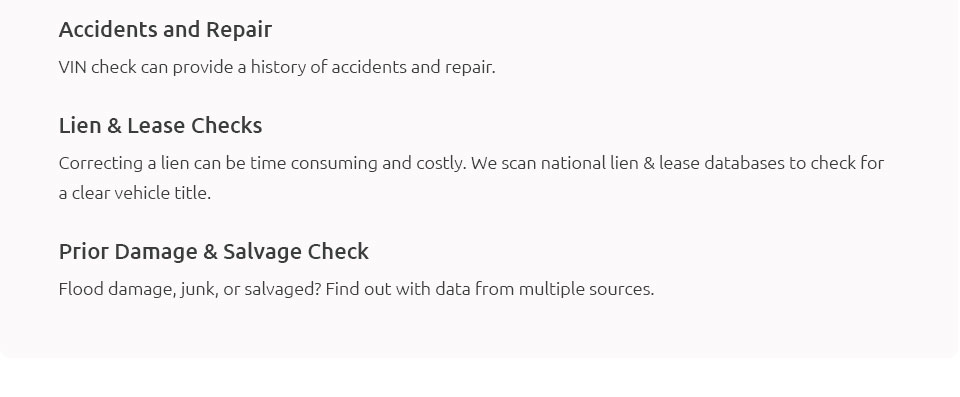 |
 |
 |
||
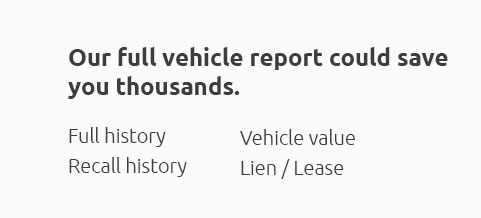 |
 |
|
 |
||
 |
 |
 |
 |
||
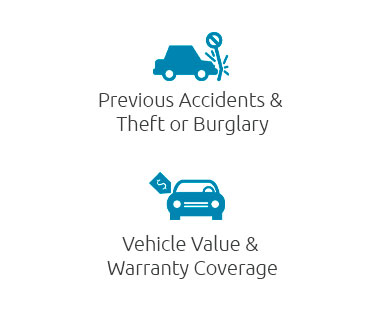 |
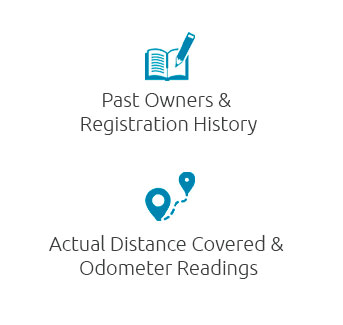 |
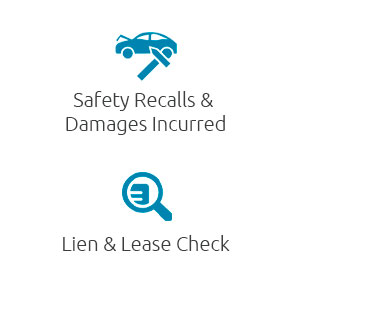 |
 |
 |
||||
|
||||
 |
Understanding How to Check Car Value by VINIn today's ever-evolving automotive market, determining the accurate value of a car is crucial for both buyers and sellers. One effective method to assess a car's worth is through its Vehicle Identification Number, or VIN. This unique code, akin to a car's fingerprint, provides a wealth of information that can significantly impact its valuation. Understanding how to use the VIN to check a car's value can empower consumers to make informed decisions. The VIN is a 17-character string that serves as a key to a car's history and specifications. It's essential for prospective buyers and sellers to recognize that the VIN holds the potential to unlock detailed insights about a vehicle, including its manufacturing details, accident history, service records, and previous ownerships. By leveraging online tools and databases, one can input this code and retrieve an extensive report that often includes critical data points such as mileage, accident history, and maintenance records, all of which are pivotal in determining the car's current market value. Various online platforms offer VIN-based valuation services. These platforms often aggregate data from multiple sources, providing a comprehensive view of a vehicle's history. It is important, however, to approach this information with a discerning eye. While some services are free, offering basic insights, others might require a fee but provide a more in-depth analysis. Opting for a paid service could be a wise investment, especially for high-value transactions where every detail could significantly affect the price.
In conclusion, using the VIN to check a car's value is a prudent step in the buying or selling process. This method offers a level of transparency that can protect consumers from overpaying or underselling. It reflects a growing trend towards data-driven decision-making in the automotive industry. As more people become aware of the power of the VIN, its role in ensuring fair transactions will likely become even more pronounced, reinforcing the importance of staying well-informed in today's complex car market. https://www.mercedesbenzofaustin.com/whats-my-car-worth/
Your License Plate or VIN helps us fill in key details about your vehicle and ensures a more accurate offer. License Plate. License Plate. VIN. VIN. Make/Model. https://vincheck.info/use-vin-determine-car-value
Finding a vehicle's true worth is crucial whether you're buying or selling. VinCheck.info provides a 100% free tool to help you check car value ... https://www.tommasanoford.com/whats-my-car-worth-kbb-value-by-vin-tools/?srsltid=AfmBOorDHo1COo4e0bd_k5H-sCbqopUiaOjBLROPrHQf2p412TCkQI-O
Our experts help drivers gain knowledge about your car value. Find out your car's worth and make impactful future decisions and plans.
|

